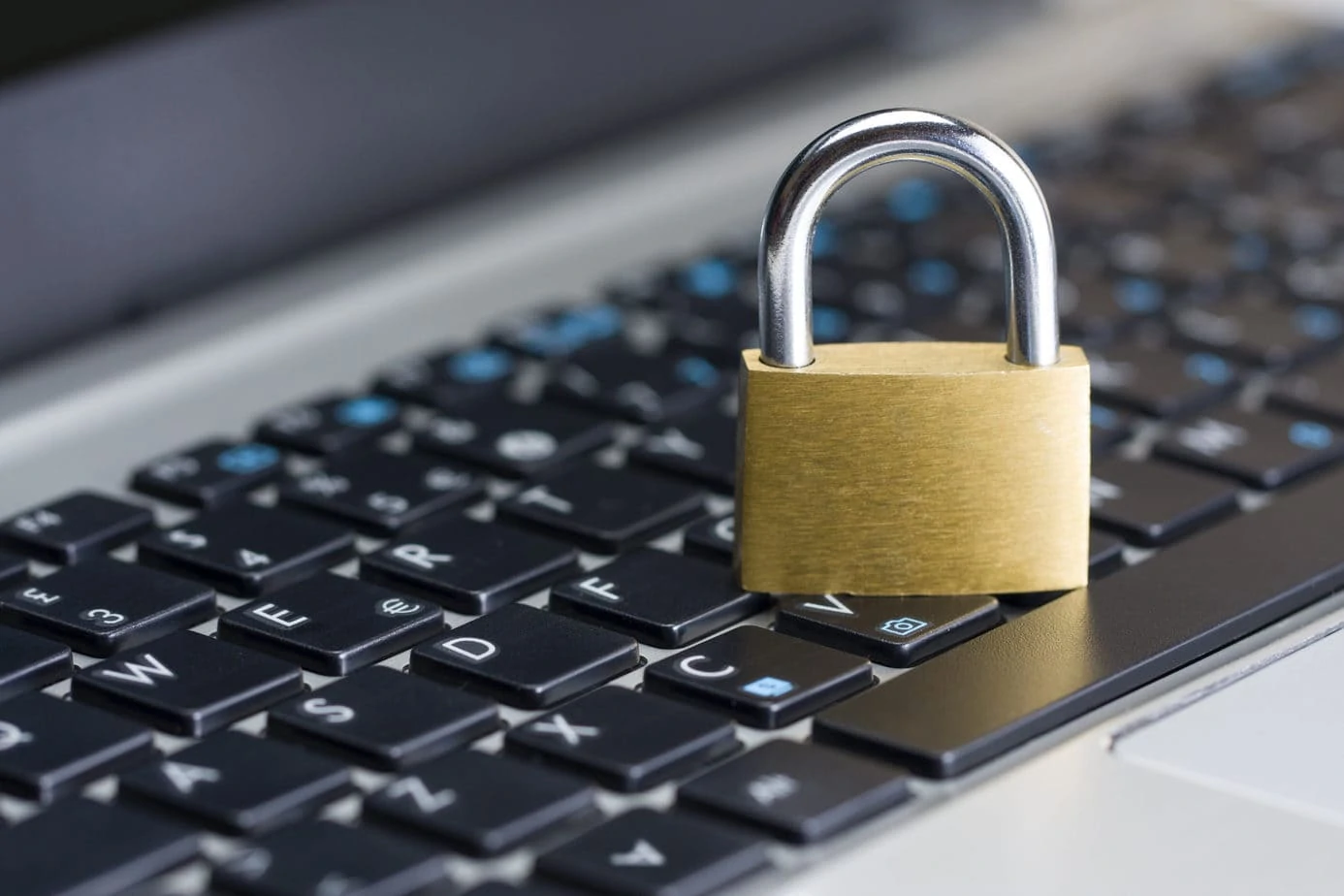Aidan Southall of law firm Potter Clarkson explains how companies can continue to protect their IP and trade secrets at a time when more employees than ever are working remotely
The Covid-19 crisis has undoubtedly changed the way businesses operate for good. Nowhere is this more evident than in the shift towards remote working, which is clearly here to stay.
In this rapidly changing commercial environment, businesses will need to be alert to the challenges these changes present – and the steps they can take to ensure that their valuable IP assets and trade secrets continue to be robustly protected for the future.
Here are four key areas businesses can address right now to ensure their IP and trade secrets are fit for a new era.
Employee inventions
Remote working has arguably blurred the lines between home and work life. Even in ‘normal’ times, employers can be faced with challenging questions of whether inventions or content developed by an employee can be deemed to be ‘in the course of employment’ (and therefore presumed to be owned by the employer), or beyond their work duties and owned by the employee. Accordingly, businesses should consider:
- Reviewing IP provisions in employment contracts
- Increasing training, guidance and record keeping procedures
- If in doubt, entering confirmatory assignments of IP with employees
Preserving information security
The shift to partial or complete remote working creates practical challenges for many employees. Homes are not controlled environments like an office, and there is a greater risk of IP leakage happening inadvertently through everyday employee behaviour. As such, businesses should consider the following key measures when updating remote-working policies and training procedures:
- Focus on the practicalities – employees should avoid taking calls with open windows on screen, ensure the proper disposal of confidential documentation and not work on sensitive projects in public environments.
- Provide IT equipment – supplying an encrypted and secure piece of work equipment such as a company laptop is far less risky than asking an employee to work from dual use personal/work piece of equipment, which may easily be damaged or stolen, resulting in IP leakage.
- Check the small print – ensure you have adequate Non-Disclosure Agreements in place with relevant third-party contractors to protect your trade secrets.
Who knows what?
Now is an opportune moment to review who within your business is party to certain confidential information and trade secrets. It may be the case that sensitive information has not been adequately distinguished from day to day, less sensitive information. Furthermore, it is important to question which employees really require knowledge of your organisation’s most sensitive information. Limiting and securing access to certain files is a simple, yet really effective way to enforce this and reduce the risk of any important trade secrets being inadvertently disclosed.
IT & systems risks
The diminishing role of physical offices is likely to see companies increasingly move to cloud-based storage of key documents and correspondence. We are also likely to see an increase in the usual IT threats businesses face, such as phishing. Accordingly, businesses should only be working with IT service providers with proven track records and robust systems. Whilst these risks are nothing new, the potential for substantial irrecoverable business damage has increased since the advent of the crisis. That means now is the time to consider thoroughly auditing the IT services your business uses and where necessary, providing employees with adequate training in how to utilise them. Video calls, for example, are one major new risk that businesses face given the potential myriad associated security vulnerabilities.
Certainty in an uncertain world
With such little certainty on the horizon right now, planning ahead can seem like an almost impossible task. That said, there will of course be opportunities to grasp. For UK-based companies looking to forge new commercial relationships with their Chinese counterparts, for example, the ubiquity of home working will make communication and developing new partnerships so much more straightforward.
Whatever the future holds, one thing we can be sure of is that innovation will be a key driver of recovery from the Covid-19 crisis. Now more than ever, businesses should be taking active steps to ensure their valuable intellectual property assets are adequately protected to allow them to reach their full potential over the longer term.




